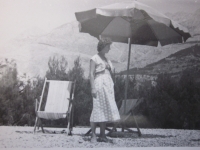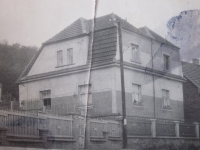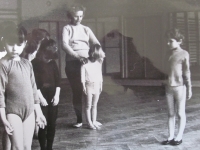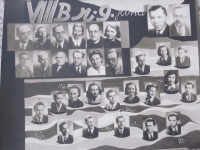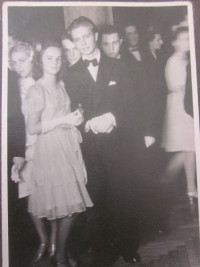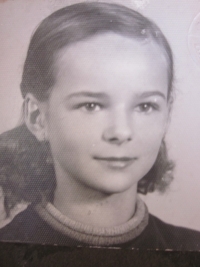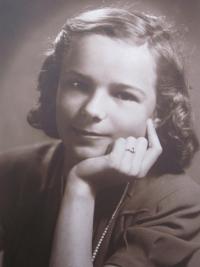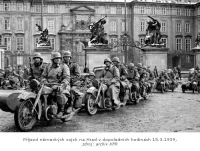When they were arresting at the Powder Tower, I knew that the situation was serious
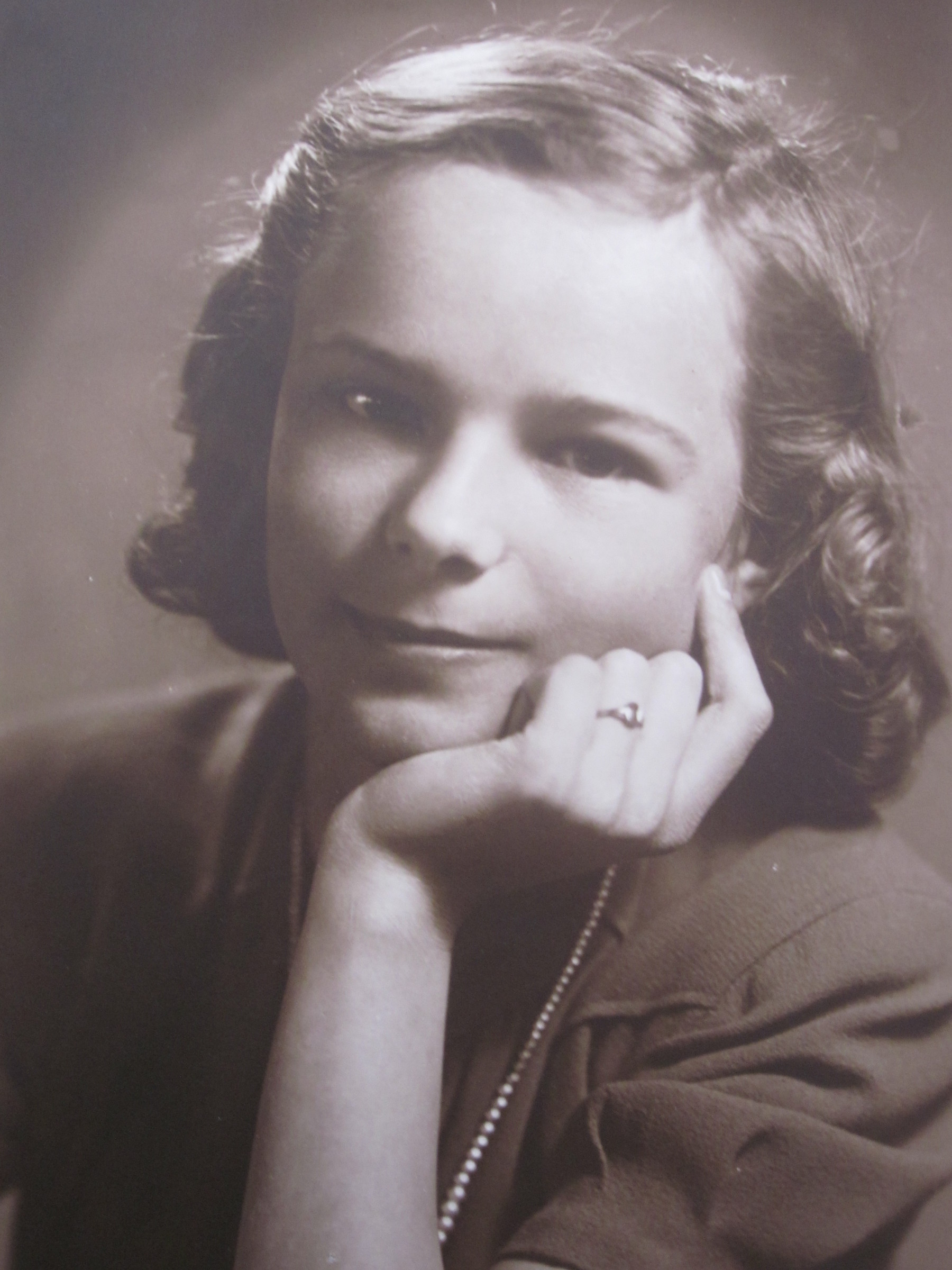
Stáhnout obrázek
Oluša Bláhová, née Jágrová was born on the 12th of September 1927 in Kyje as a daughter of a technical officer and a housewife. She experienced the Nazi occupation of Czechoslovakia on the 15th of March 1939 as an eleven-year old student; the Nazi armed men forced them to leave classrooms and go to today´s Café Slavie the very first day. Finally, she studied at grammar school and started to study at university in 1947. During the days of communist putsch, she took part in the students march to Prague Castle on the 25th of February 1948 to support president Beneš, subsequently they expelled her from university as a member of the Czechoslovak National Socialist Party. She worked as a blue-collar worker and then as an office worker and as a registrar.
